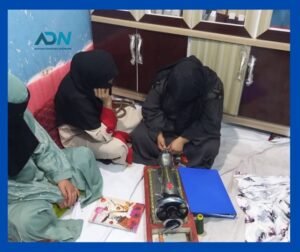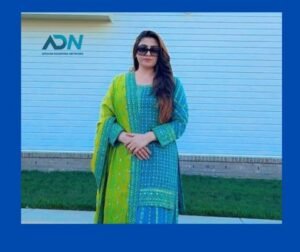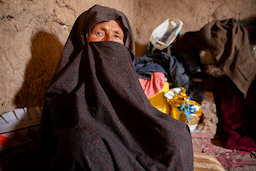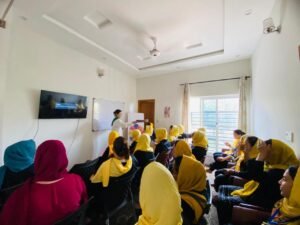“We Are Not Hopeless”: Palwasha Kakar’s Rallying Cry for Afghan Women in Exile
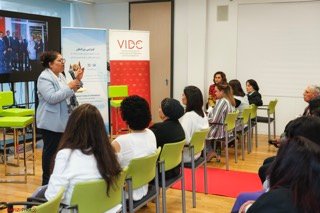
In Vienna, Palwasha Kakar, former Deputy Minister of Women's Affairs in Afghanistan, speaking to participants about the current situation of Afghan women. Photo © AKIS
ADN
In the grand halls of Vienna’s City Hall, far from home, Palwasha Kakar — former Deputy Minister for Women’s Affairs — stood before a big crowd as a symbol of resilience in exile.
A former deputy minister for women’s affairs, she was surrounded by members of the Afghan diaspora and international allies, as she tried to weave the past and present into a stirring call to action.
“I’m here, but I feel like I’m fighting in the dark,” she began.
Though her body stood in safety, her voice carried the grief, defiance, and determination of those left behind — Afghan women whose lives have been stripped of rights, visibility, and basic freedoms under Taliban rule. Kakar’s words channelled the complex duality of exile: the guilt of survival, and the unrelenting will to fight from afar.
Her central message was simple yet profound: the struggle for human rights — particularly the right to education — must not end at the border. She spoke of the girls back home, of dreams deferred, and of the enduring hope that one day, justice will prevail.
“We are not hopeless,” she said. “We have strong women defending our rights, and we believe our time will come.”
In one of the speech’s most powerful moments, Kakar reached into her family’s history, remembering a grandmother who, a century ago, opened schools for girls in their village.
“People often say Afghan women have no rights. But we had rights — we had schools — and now, we are fighting for the same rights again,” she reflected.
Her voice, steady and resolute, served not only as a reminder of past progress but also as a challenge to the present. She urged the international community to do more than watch — to speak, to act, to stand in solidarity with Afghan women.
“We are knocking on others’ doors for our rights. But these opportunities — the chance to live freely, to learn, to work — they should exist in our own country.”
She did not shy away from uncomfortable truths. While acknowledging the support of many Afghan men abroad, she lamented the silence of too many within Afghanistan — a silence she called on fathers, brothers, and sons to break.
To close, Kakar recited the timeless verse by Persian poet Saadi Shirazi — a plea for empathy and shared humanity:
Human beings are members of a whole,
in creation of one essence and soul.
If one member is afflicted with pain,
other members uneasy will remain.
If you have no sympathy for human pain,
the name of human you cannot retain.
With these words — and with every word before them — Palwasha Kakar reminded the world that Afghan women are not alone. Their suffering is not distant. Their resistance is not quiet. And their hope must not be carried alone.


